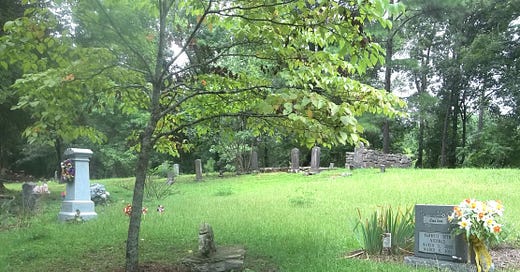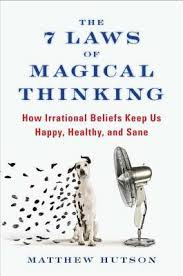You will go out in joy
and be led forth in peace;
the mountains and hills
will burst into song before you,
and all the trees of the field
will clap their hands.
Isaiah 55:12
I am at my desk, editing a dissertation for a client, when Allen slides a piece of white paper to me. Before I turn to my son, I put on my "I-believe-anything you say" face. "Hi," I say.
"This will be Dad's new body," he says and taps the paper.
"Oh." I study the sketch he has made. The facial features are blurred, but the outline has broad shoulders, muscular arms, a slim waist, long and rugged legs, slender feet. It is clearly human, but I know certain attributes have been influenced by the places we have visited in the past two weeks: the tallest tree at Rosetree Park, the strongest horse at Linvilla Orchards, the oldest bridge at Smedly, the fastest speed skater we could find on Wikipedia.
This is magical thinking at its best and most concrete, Allen's firm belief that if he can just concoct the right ingredients, his recently deceased father will come back again in a new body, one not broken by illness.
It began with the trees of the field.
Allen, who lives on the high functioning end of the autism spectrum and grapples with a world that is too loud, too bright, and too overwhelming, came in from the Plaza down the street one day last week and said to me, "The trees are whispering Dad's name."
"That's nice," I said. "God made the trees and Dad is now with God."
He gave me a curious look. "Not yet," he told me.
"But you know Dad died. You know he went to Heaven and God gave him a new body."
Allen nods. "I know. But I also know that Dad fooled death before. Maybe he can do it again. Remember?"
I remember. The night of the car accident, the surgeon who put the pieces of Ron back together again said to me, "Your husband is a strong man. Only a strong man could survive that." Time and time again in the last nineteen years, surgery after surgery, Ron defied the odds. Until on July 13th, he didn't.
I try to reason with Allen. "But you saw Dad at the funeral. You were there when we buried his body."
My son nods. "That was his OLD body. He didn't need it anymore. This," and he taps on the paper, "is his NEW body."
I get it, or at least I try to. Even before Joan Didion wrote her landmark book on grieving, A Year of Magical Thinking, the strategy Allen is using was a known anthropological concept. In short, it is the belief that a series of actions--performed carefully and in order--will result in a desired event. It is an illusion of control sorely needed by my son, to whom the forever loss of his father is just too much to accept.
And it was the beginning of a journey that changed both my son and I forever.






I love this. We sing that verse from Isaiah at my synagogue, and the melody played in my mind as I read it. And I am very sure that when Allen meets his father in his new, resurrected body, he will know that he pictured it Exactly Right.